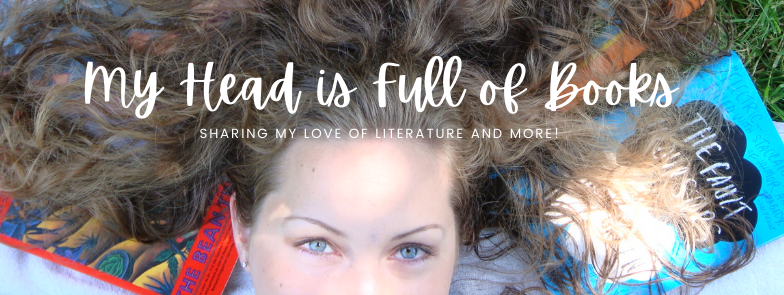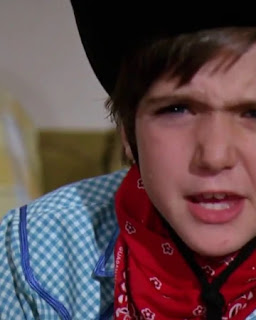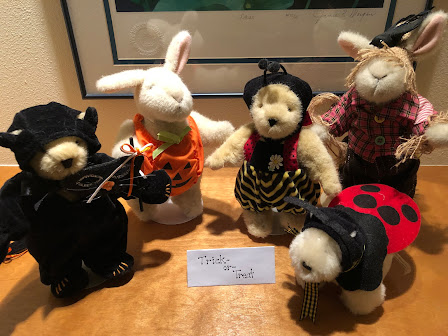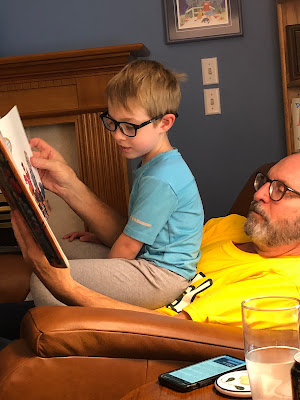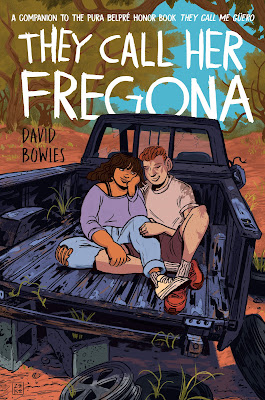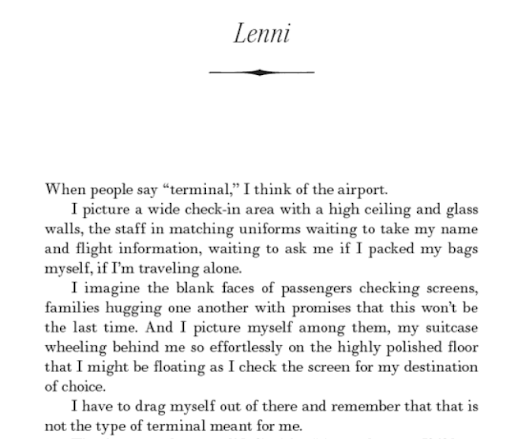Four novels-in-verse and one visual poem about multicultural experiences
The Door of No Return by Kwame Alexander
Little, Brown, and Co., 2022
Target Audience: 5th grade and up
Themes: Life in Ghana before slavery; cultural pride
Kofi has heard the call
on the banks of Upper Kwanta, in the village where he lives, in what today is Ghana, on the Gold Coast of Africa. He loves
these things above all else: his family, the fireside tales of his
father’s father, a girl named Ama, and, of course, swimming. He is told repeatedly to never go the river at night, but he is never told why. When he figures it out, it is too late, and his life is turned upside down as he finds himself on a ship heading to a new land and a new future.
When author and poet Kwame Alexander was young his parents read him books about his heritage in Africa. "[They] showed me that while the brutal captivity and bondage of Africans was a part of my story, it was not the first chapter, or even the second...What a gift they gave me." The Door of No Return is a story Alexander wrote for himself about a possible relative who landed in a new land against his will, a boy with a happy and full life before he got to America and an unknown future.
Novel-in-verse
4.5 stars
When Winter Robeson Came by Brenda Woods
Nancy Paulsen Books, 2022.
Target audience: 5-8th grades
Themes: Coming-of-age; civil rights; family; music
In 1965 Eden's cousin, Winter Robeson from Mississippi, comes to visit her family in LA. In addition to vacationing, Winter is interested in finding his father who disappeared over ten years ago in LA. He involves his younger cousin Eden in his scheme and the two set off to solve the mystery of 'where is the missing father.' Along the way they meet a woman, Betty, who lives in the Watts area in the house which was the last know address for Winter's father. Betty doesn't remember him but think she knows who will. Days later that very area devolves into a terrible riot, known later as the Watts Riot of 1965. This time Eden and Winter make their way back to Watts on a bicycle to save Betty.
This short novel-in-verse tried very hard to take its readers back in time to 1965 with plenty of cultural references to the music, the food, and the events of the day. Little was revealed about why the Watts riot broke out, but the reader is viewing the event through the lens of two pre-teens, who may not have been aware of the racial tensions in the area, though they and most of their neighbors were black. What the book did well was present information that could be used as a springboard to jump into more information on your own.
Novel-in-verse
4 stars
They Call Her Fregona by David Bowles
Kokila, 2022
Target audience: 5th grade and up
Themes: Coming-of-age; immigration; family and culture
They Call Her Fregona is a companion to the 2018 award-winning novel, They Call Me Guero. When author and poet David Bowles was out doing presentations in schools after its publication students would often tell him that he needed to write a novel about Joanna (the fregona) because she was so tough and strong. They liked her best. This novel-in-verse is that book. Fregona, which means 'tough girl' in Spanish, actually named Joanna, becomes Guero's girlfriend. Guero is still the poet-narrator of his own story about what it is like to live in Texas, near the Mexican border: the racism coming from some students, the joy in celebrations from their community, the music, and his friendships. Guero and Joanna's experiences seemed very realistic according to today's politics and headlines.
Of the five books I am highlighting today, I like the poetry the best in this one, They Call Her Fregona. Bowles, I mean Guero, writes mostly in free verse but every once in a while he will use a poetic form which is identified before the poem, such as a rondelet, haiku, or sedoka. I appreciated the poetic help very much. In addition, a glossary in the back translates all Spanish words and phrases used in the book, though most could be understood through context. I wish I had started with They Call Me Guero, because there were a few references to information I didn't have, but by in large I was able to enjoy this read as a stand-alone.
Novel-in-verse
5 stars
In the Beautiful Country by Jane Kuo
Quill Tree Books, 2022
Target Audience: 5th grade and up
Themes: Immigration; Dreams and goals; coming-of-age
In the beautiful Country about a
young Taiwanese immigrant to America who is confronted by the stark
difference between dreams and reality. Anna, her Americanized name, can’t wait to move to the beautiful country—the
Chinese name for America. But the beautiful country isn’t anything
like Anna pictured. Her family can only afford a cramped apartment,
she’s bullied at school, and she struggles to understand a new language.
On top of that, the restaurant that her parents poured their savings
into is barely staying afloat. The version of America that Anna is
experiencing is nothing like she imagined. This lyrical and
heartfelt story, inspired by the author’s own experiences, is about
resilience, courage, and the struggle to make a place for yourself in
the world. (Publisher)
After reading books like In the Beautiful Country it amazes me that anyone would ever want to move to the United States. Many people are just awful to immigrants: teasing, bullying, and often worse. It was never very clear why the family moved to the US in the first place, but it becomes clear why they stayed eventually. I think young teens, especially those of Asian descent, will find a lot to appreciate in this immigrant's story.
Novel-in-verse
4.5 stars
Inheritance: a Visual Poem by Elizabeth Acevedo, art by Andrea Pippins
Quill Tree Books, 2022
Target Audience: YA
Themes: Love and pride in self
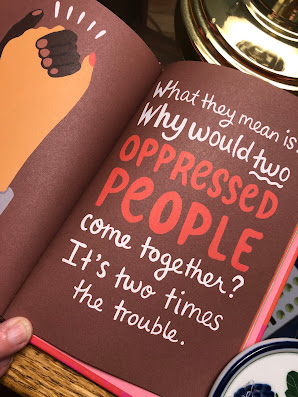 |
Sample page from Inheritance
|
Elizabeth Acevedo, the award-winning author of
Poet X,
embraces
all the complexities of Black hair and Afro-Latinidad--the history,
pain, pride, and powerful love of that inheritance. It is beautifully
illustrated by Andrea Pippins.
I
reread this poem this week after reading it aloud to my husband a few weeks earlier. I'd recently read a book which touched on
the topic of Black hair, So You Want to Talk About Race, so I
found this poem reinforced my new knowledge about respecting differences
and allowing people to express their personal beauty without any
judgement from me! It was a quick read.
Visual poem, not a poetry collection
4 stars
-Anne
